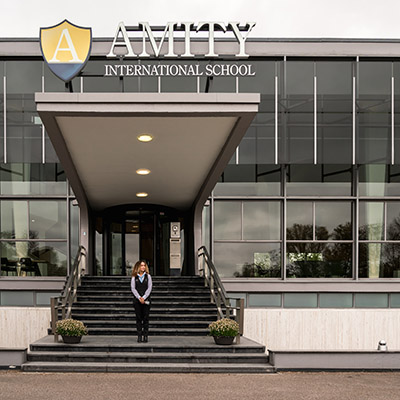
Image Source : Google
Building social skills from a young age is crucial for a child's overall development. Early education schools play a vital role in providing children with the necessary tools and opportunities to develop these skills. By creating a supportive and interactive environment, these schools help children build a strong foundation for their future social interactions and relationships.
Early education schools focus on nurturing a child's social-emotional development, which includes skills such as empathy, communication, cooperation, and problem-solving. These skills are not only essential for building relationships but also for succeeding in various aspects of life. By teaching children how to express themselves, listen to others, and work collaboratively, early education schools empower them to become confident and capable individuals.
One of the key benefits of early education schools is the opportunity for children to interact and socialize with their peers. In a structured classroom setting, children learn how to share, take turns, and respect each other's boundaries. They also learn the importance of teamwork and develop skills in negotiation and compromise. These interactions not only help children build friendships but also expose them to diverse perspectives and experiences.
Early education schools also provide a safe and supportive environment for children to explore and express their emotions. Teachers in these schools are trained to help children identify and manage their feelings in a healthy way. By teaching children how to deal with emotions such as frustration, anger, and sadness, early education schools equip them with essential coping skills that will benefit them throughout their lives.
Another critical aspect of early education schools is the emphasis on communication skills. Children learn how to express their needs, thoughts, and feelings in a clear and respectful manner. They also learn how to actively listen and respond to others. These skills not only improve their ability to interact with others but also enhance their academic performance as they learn how to effectively communicate their ideas and participate in classroom discussions.
